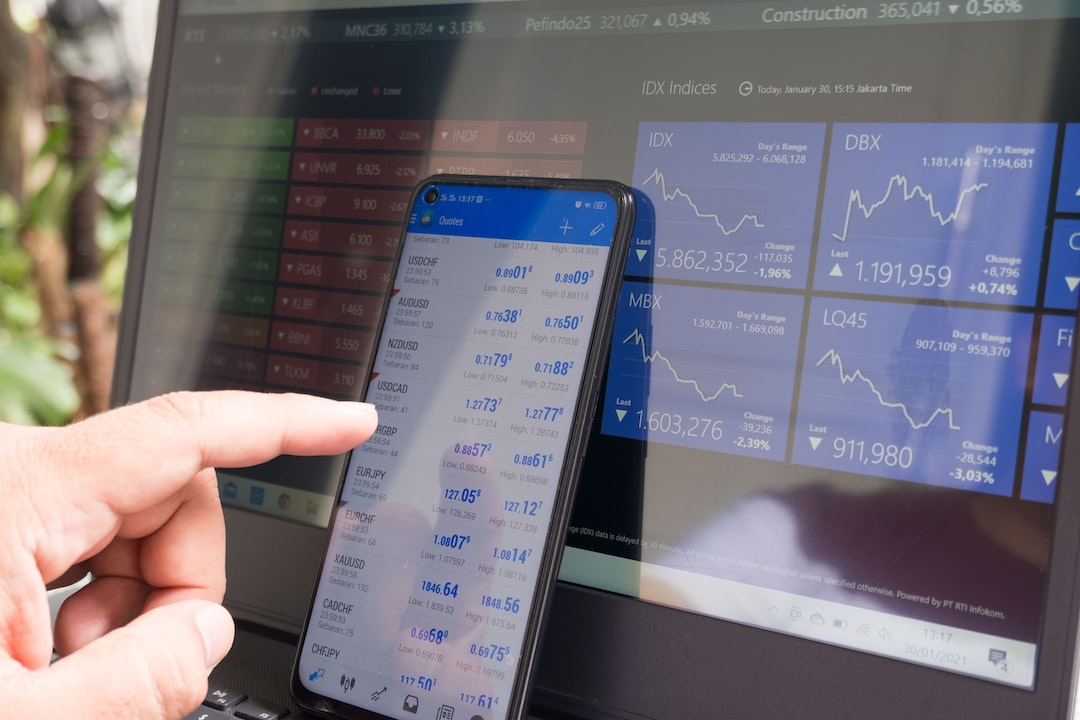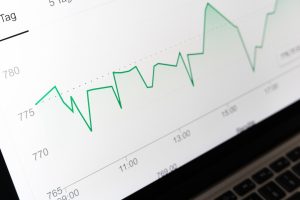Foreign exchange reserves, also known as forex reserves, are the assets held by a central bank or monetary authority in foreign currencies. These assets include foreign currencies, gold, and other internationally accepted reserve assets. Forex reserves are used to help stabilize a country’s currency and economy, and to provide liquidity in times of financial stress.
Foreign exchange reserves are an important part of a country’s economic policy, as they help maintain confidence in the currency and provide a buffer against external shocks. They are also used to support international trade and finance, as they can be used to purchase imports and pay off foreign debts.
The primary purpose of forex reserves is to provide a cushion against balance of payments crises. A balance of payments crisis occurs when a country runs out of foreign currency to pay for imports or service foreign debt. In such a scenario, forex reserves can be used to pay for imports and service foreign debt, preventing a currency crisis and preserving the country’s creditworthiness.
Foreign exchange reserves are also used to manage exchange rate fluctuations. A central bank can use its reserves to intervene in the foreign exchange market, buying or selling foreign currencies to influence the exchange rate. This can help stabilize the currency and prevent excessive volatility.
The composition of a country’s forex reserves varies depending on its economic and financial circumstances. Most countries hold a mix of foreign currencies, with the US dollar being the most commonly held currency. Gold is also a popular reserve asset, as it is a widely accepted store of value and can be sold quickly in times of crisis.
Other reserve assets include special drawing rights (SDRs), which are created by the International Monetary Fund (IMF) and can be used to supplement a country’s forex reserves. Some countries also hold foreign government bonds and other securities, although this is less common.
The size of a country’s forex reserves is an important indicator of its economic strength and stability. Countries with large reserves are generally considered to be more financially secure, as they have a greater ability to weather economic shocks and maintain confidence in their currency.
However, there are also risks associated with holding too many forex reserves. For example, if a country holds too many foreign currencies, it may be exposed to exchange rate risks if the value of those currencies declines. Similarly, if a country holds too much gold, it may be vulnerable to fluctuations in the price of gold.
In conclusion, foreign exchange reserves are a key part of a country’s economic policy, providing a cushion against balance of payments crises and helping to stabilize the currency and economy. The composition and size of a country’s forex reserves vary depending on its circumstances, but they are an important indicator of economic strength and stability. While there are risks associated with holding too many forex reserves, they remain a vital tool for managing economic and financial risks.






